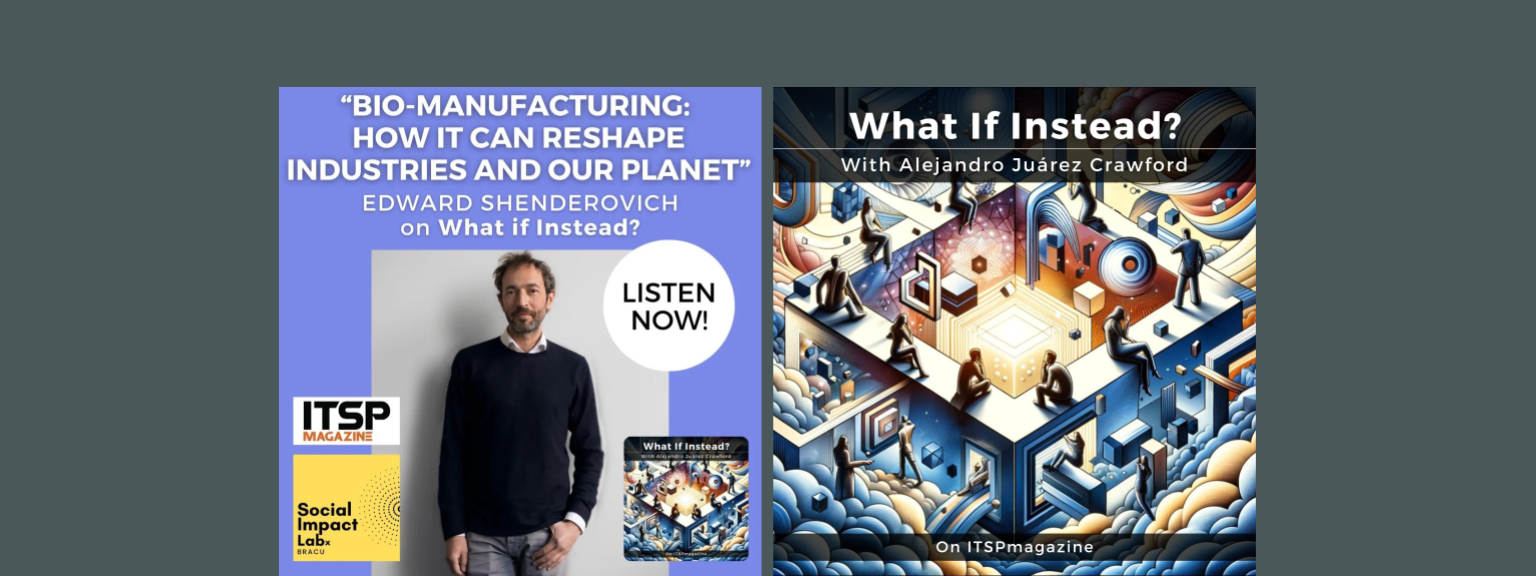Research suggests that Millennials and Gen Z want more from their careers than just a job: they want to feel that they are improving society. This new generation is not only hungry for impact-driven careers, they want to build a better future. The idea of the “maker” has become prominent – imagining something better than what exists and making it real.
There is a widespread sense among today’s youth of having inherited broken systems. Every business model, supply chain, and municipal program needs to be reinvented – and not just because this generation wants to, but because our planet depends on it.
This great shift is underway globally.
The way we currently prepare students through the higher education system of teaching case studies and presenting reports is no longer sufficient. The next generation needs to learn how to think innovatively, recognize worthwhile innovation opportunities, and collaborate with others well in order to be prepared for this big shift.
Open Society University Network & RebelBase
At RebelBase, we started with a hypothesis that innovation is teachable. We decided to test what would happen when we give students a chance to envision something better and make it real using digital learning tools.
Through the Open Society University Network (OSUN) with students from Dhaka to Bishkek and Kakuma to the Hudson Valley, RebelBase got the chance to connect young people with ideas to reinvent what isn’t working. Using RebelBase’s online project-building software that inspires and assists users to develop effective solutions, teams were shown how to tackle problems the way entrepreneurs do.
OSUN students learned how to fix broken systems in different sectors including the environment, the school system, and healthcare. They developed these ideas using the RebelBase method and toolkit to identify the core problem and create a solution within a larger ecosystem of change.
Throughout this process, the RebelBase team collected data on program participants to understand growth in their innovation mindset. RebelBase assessed participants in three core competency areas including:
● Disruptive Systems Thinking
● Collaboration Across Cultures and Skill Sets
● Testing Ideas in Action
“Rebels” were asked to rate their growth in these different areas by answering a series of questions. The questions are retrospective as they ask participants to reflect on their experience using RebelBase and its impact on their experience.
Testing Ideas in Action
Nearly two-thirds of all Rebels (61 percent) showed growth in their capacity to recognize opportunities in business and social innovation where others might see barriers or experience some level of stagnation. This is one of the strongest areas of growth for Rebels and one of the most critical competency areas for the development of innovation.
Almost a half of all Rebels (47 percent) reported growth in critical thinking or the ability to comprehend social, economic, and political behavior by breaking down ideas in a way that allows for unbiased and informed decision-making.
We also saw strong growth in calculated risk-taking, which is a subcategory of testing and refining ideas. Sixty-one percent of Rebels showed a growth in the ability to assess the risks and rewards associated with making key decisions.
Finally, we saw growth in collaboration or the capacity to incorporate diverse skills and backgrounds to produce innovative thinking in a group setting. Only 38 percent of students reported that they increased their ability to collaborate with others, which might be because many students came into the class with already a high degree of confidence in this area. As a result, 86 percent of all Rebels reported either gaining or retaining their collaboration skills.
Assessments in Entrepreneurial Confidence
Overall, students reported an increase in their confidence as entrepreneurs at the end of the program. Seventy-five percent reported an increase in their confidence in launching a new solution, while 88 percent reported continued confidence in this area.
In addition, 83 percent of students reported that they increased their interest in entrepreneurship or maintained it at a high level as a result of participating in the RebelBase-powered course.
We also saw a relationship between a change in the confidence or interest in entrepreneurship and a perceived growth in certain competencies. For example, students who sustained or increased their interest in starting a new business also demonstrated growth in collaboration, critical thinking, openness, perseverance, flexibility, opportunity recognition, and calculated risk-taking.


